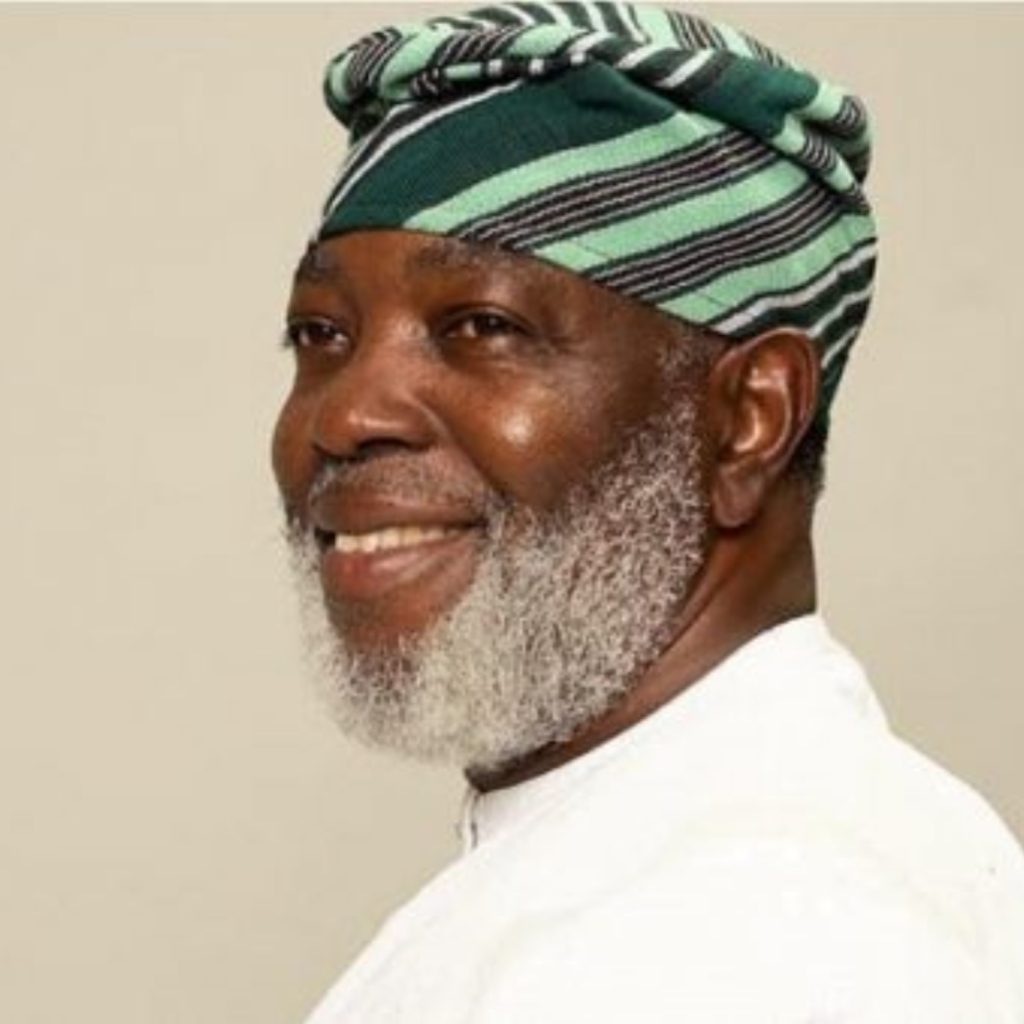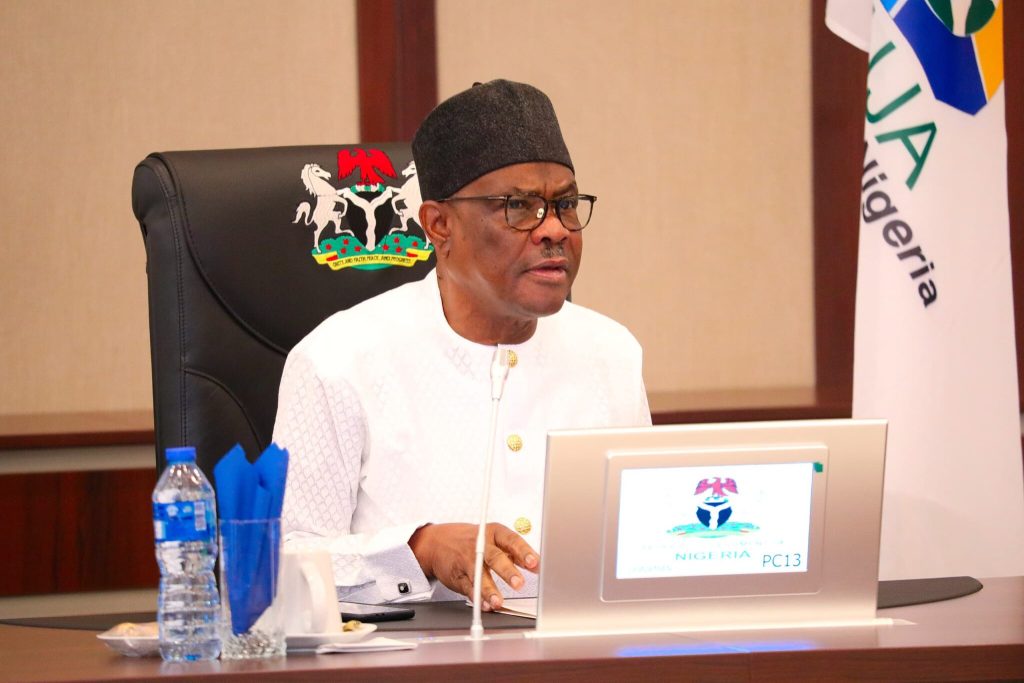Former Lagos State Governor and President, Bola Tinubu, on Wednesday laid out an ambitious budget proposal totalling N27.5 trillion for the year 2024 before the National Assembly, underlining his confidence in Nigeria’s economic recovery.
Themed ‘Budget of Renewed Hope’, the budget focuses primarily on national defence, internal security, local job creation, and macro-economic stability.
Notably, the budget comprises N9.92 trillion for non-debt recurrent expenditure, N8.7 trillion for capital expenditure, and N8.25 trillion allocated for debt service.
The President emphasised the commitment to servicing debt obligations, with projected debt service accounting for 45% of the total expected revenue. The budget deficit is projected at N9.18 trillion, equivalent to 3.88% of GDP, showcasing a reduction from the 2023 deficit of N13.78 trillion or 6.11% of GDP.
To bridge the deficit, new borrowings totalling N7.83 trillion, N298.49 billion from Privatization Proceeds, and N1.05 trillion from multilateral and bilateral loans are set to be employed. Tinubu also prioritised investment environment optimisation, human capital development, poverty reduction, and social security within the budget.
In a bid to overhaul the nation’s internal security architecture, Tinubu pledged to enhance law enforcement capabilities to ensure the safety of lives, property, and investments throughout Nigeria.
With a focus on human capital development, the President stressed the integral role of children as the most critical resource for national development. Additionally, measures to ensure value for money, transparency, and accountability in budget performance are set to be implemented in collaboration with development partners and the private sector.
Moreover, the budget includes a sustainable model for funding tertiary education, featuring the operationalisation of the Student Loan Scheme from January 2024. In the economic sphere, Tinubu underscored the significance of a stable macro-economic environment to catalyse private investment and drive economic growth.
The administration anticipates a minimum economic growth rate of 3.76%, surpassing the forecasted world average, with an expected moderation of inflation to 21.4% in 2024. The primary objective of the 2024 Budget is to uphold a robust foundation for sustainable economic development, with a critical focus on Nigeria’s commitment to a greener future.
Embracing public-private partnerships, the budget strategically provisions for leveraging private capital in significant infrastructure projects within the energy, transportation, and other sectors. This signifies a pivotal move towards diversifying the energy mix, enhancing efficiency, and fostering the development of renewable energy sources.
Tinubu’s commitment to supporting innovative and environmentally conscious initiatives aims to position Nigeria as a regional leader in the global movement towards clean and sustainable energy. As the COP28 climate summit approaches, he directed government agencies to diligently secure substantial funding commitments to bolster Nigeria’s energy transition, seeking international partnerships and investments aligned with national goals.
Addressing Nigeria’s financial projections, the budget adopts a conservative oil price benchmark of $77.96 per barrel and a daily oil production estimate of 1.78 million barrels. The naira to dollar exchange rate of N750 per dollar is also earmarked for 2024.
Tinubu reiterated the administration’s commitment to broad-based and shared economic prosperity, with plans to expand the National Social Safety Net project to provide targeted cash transfers to poor and vulnerable households and to contain financial leakages through the effective implementation of key public financial management reforms.
He commended the 10th National Assembly for their collaborative efforts to renew hope for Nigerians and deliver on promises made to the country’s populace, expressing trust in the legislative review process to sustain the desired return to a predictable January-December fiscal year. Tinubu urged the prioritisation of equitable projects and programmes beneficial to all Nigerians, aligned with the administration’s vision.



